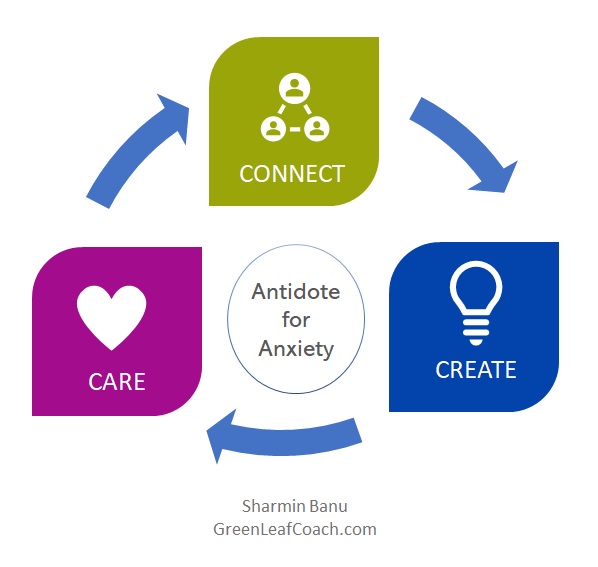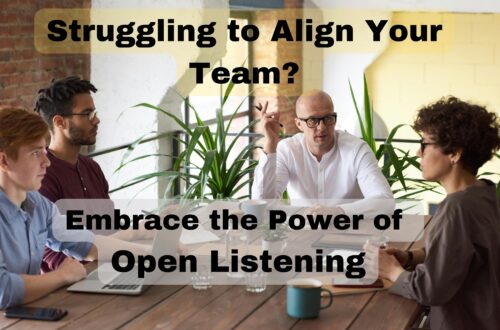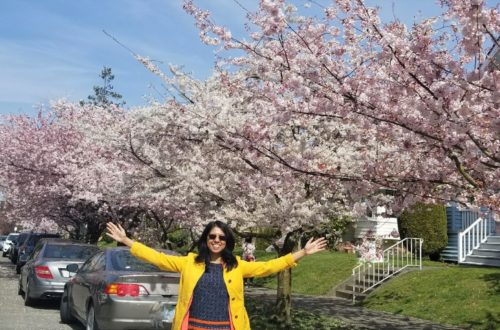
Curb Your Anxieties Using This 3C Model – How to make good choices during the home quarantine time
We are living through an episode of world history. The way we know life has come to a halt. The leaders, scientists, the medical community, and all the essential service providers are working round the clock to keep us safer from the curse of this COVID-19 pandemic. The rest of us are asked to do one thing – stay in our homes to help reduce the spread of this highly contagious virus.
Everyone is reacting, coping, adapting in their way – be it a child or an older person. What is different is the magnitude of struggle and sufferings – both internal and external. Neuroscience says uncertainty creates anxiety – when we don’t know what will be next, what is coming in my way, our tension heightens. Like many of the unpleasant facts of life, we now know for sure that no matter how much we want it to stop, we will have to prepare for a relatively long haul. So what will help?
According to David Rock of NeuroLeadership Institute, we need to focus on what we can control instead of what we cannot. If we keep on checking the news and social media for that miracle, we will only disappoint us. As a result, we will make our life and others around us more miserable than it needs to be.
Here is the 3C model that helped my family and friends to keep our morale up by focusing on what we can control. I categorized them into three big buckets.
Care – Self-care practice for well-being
Connect – Connect with others
Create – Finding new ways of doing things, deep, quality thinking

Care
Care or personal well-being could include physical exercise, spiritual practices, hobbies and the like. My usual exercise includes Zumba fitness classes in our local gym; I started taking advantage of some of these youtube videos to keep me going while I am home. I was surprised to see how much quality movement I am getting from these dance moves. On the emotional side, a gratitude practice is an excellent antidote to anxiety. It could be making a list of simple things we take for granted. For the starters, here is one sample: I am healthy; I have a family. My family is healthy; I have food. I have the money to buy food; I have family and friends who care for me. etc.
“The research shows that focusing on the positive, in addition to the negative, can boost our mood more than we expect,” says psychologist Laurie Santos, who teaches a course on the science of well-being and happiness at Yale. [source: If You Feel Thankful, Write It Down. It’s Good For Your Health ].
This lockdown can be a forcing function to practice quality time with self, practice self-compassion that we often overlook.
Connect
Stay at home or social distancing order has created quite a challenge for those who are outgoing and enjoy social gatherings. But after a few weeks, even the introverts are feeling the pain. We aren’t able to socialize the way we know it but thanks to technological advancements; we have free/affordable apps like Zoom, Skype, Facebook Messengers to do video chats. Last week my family from four different countries did a BYOD Zoom party. It was quite tricky to find a suitable time across five different time zones, and getting our elderly relatives to overcome the technological challenges but it was all worth it.
Changing our usual way is definitely hard; though little bit of intentionality, playfulness, and openness could go a long way.
Another silver lining is, we now have an opportunity to build a more profound, quality relationship with those living with us under the same roof. One friend said they started playing board games as a family. For some, this time may be a rare lifetime opportunity to rekindle the connections with their partners, children, and parents. Now that we are not commuting, traveling, or attending the conferences, why not be creative about our closest relationships that we often take for granted.
Helping others is another way to create meaningful connections and lessen our anxieties. Check on your friends and families, bring groceries to your elderly neighbors, donate money to the organizations that are at the forefront – everything counts.
Create
You are now managing work, parenting, homeschooling, and household chores all at the same time. Let’s take this opportunity to shift our mindset of the classic definition of long stretched work time and the separation of work and life. Neuroscience already found that our brains can’t stay as creative/productive for long hours. 90-mins bursts of productivity followed by short beaks are most natural for our brains to function optimally. Now that we no longer have the luxury to separate work from home life let us implement such rhythm. It might teach us to make better use of our time altogether.
In case your business slowed down, travel plans got canceled, now could be an excellent time to read a book, take an online course or make some progress on a project that requires undivided attention and time.
This COVID-19 pandemic is not the first time humans faced such a challenge. In our personal and family lives, many of us have stories of despair times and resilience that helped us bounce back. Ask the parents, grandparents, or those who have seen it all, let them share a pearl of wisdom or two.
“This too shall pass”. How we will come out on the other side is a choice – no matter how hard it may feel right now.
I need your help:
I am in the process of creating a book from a subset of my blog posts. Over the years I wrote about various topics related to making meaningful shifts in our work and life. Please share how you saw my work as you have experienced me through my blogs and through your work with me?
Please take this 3-min survey by 6/23
FYI, here are my blogs. If you are a subscriber you have been receiving them as emails. Thank you for taking a few mins from your already busy life! -Sharmin
This article was published in March on Thrive Global
Image by Gerd Altmann from Pixabay




